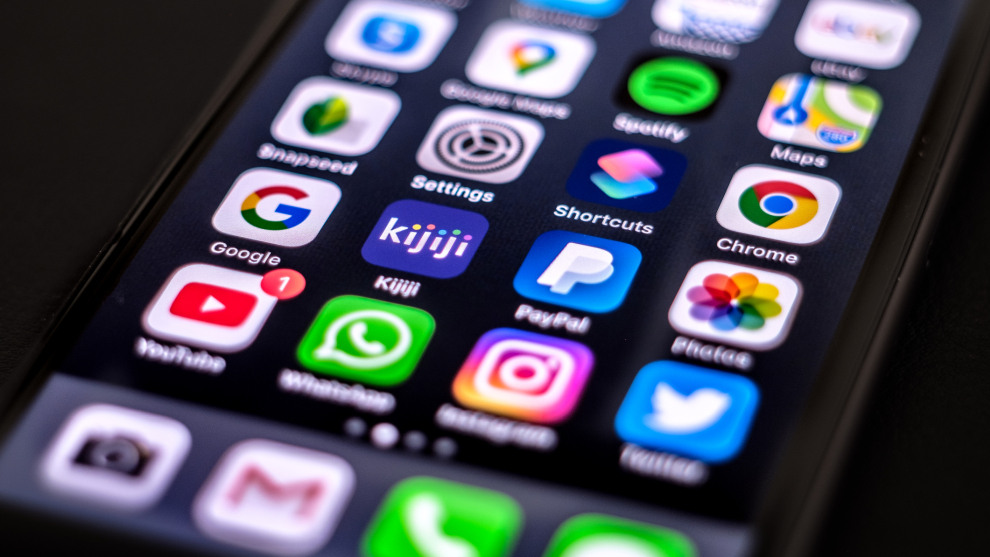The tax authorities will scrutinize your social networks, watch out for your photos!
The project is not new. Since the end of 2019, the government has wanted to allow the tax authorities and customs to monitor social networks and commercial sites, in order to track down possible irregularities and tax fraud. In the same vein, sites like Bon Coin, AirBnb or even BlaBlaCar are now required to provide detailed user income once a year. Until then, the amounts declared were based on the good faith of the user. Which did not really please Bercy.
We therefore have to have this automated surveillance project adopted by the Facebook tax authorities and others. It is now done, since the Constitutional Council has given its authorization to experiment with this system for a three-year term. An implementing decree, which sets out the terms of this system, was also published on February 13, 2021.
Read also: Big Brother – surveillance “reassures” some of the French …
Only public statements are affected
To automate the process, the tax authorities will rely on an algorithm based on machine learning, capable of detecting ” keywords, ratios or even indications of date and place ”. In other words, the main purpose of this algorithm is to see if you have left out any details on your tax return. The process will not go live immediately, but will be preceded by a learning phase of the algorithm. Once the latter has been established, the tax administration will go on the attack.
However, it should be noted that only public statements on social networks can harm you. In other words, if you are exchanging photos of your new yacht purchased with taxpayer money, do so privately. On a related note, if you just play smart with a few comments in a post from one of your contacts, that won’t be enough to put you on the wrong foot.
Note that the algorithm will only serve as a tool. These are good tax officials who will decide whether or not to initiate proceedings against you. The launch of a tax recovery will have to be motivated by solid evidence. Regarding the data collected by the algorithm, they cannot be kept for more than a year if they are used, or 30 days max. if they are not used. In writing, we find it rather crazy whether or not to choose whether or not to trigger a tax adjustment based on photos posted on Facebook and Instagram, which can easily be fake or faked. Hopefully this system will not shine through its abuses.
Source: Le Figaro

![[#Soldes] Les promos high-tech du 19 février [#Soldes] Les promos high-tech du 19 février](https://apkrig.com/wp-content/uploads/2021/01/Soldes-Les-promos-high-tech-du-22-janvier.jpg)
